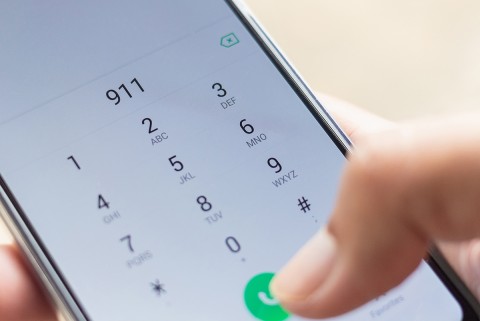Police shouldn’t be the first responders for mental health crises
When they are, the result can be deadly.

Every year, according to an analysis by the Washington Post, about 1,000 people die at the hands of police. One in four of them have a mental illness. This number seems high until you consider that an estimated 20 percent of all 911 calls involve a crisis related to mental illness and roughly 20 percent of people in jail have significant mental health diagnoses.
The criminal justice system has become the de facto substitute for an underfunded public mental health care system. The result is deadly. Recent examples include the killing of 41-year-old Daniel Prude in Rochester, New York, and 27-year-old Nicolas Chavez in Houston, Texas, along with the severe wounding of 13-year-old Linden Cameron in Salt Lake City, Utah.
Consider this from the perspective of a police officer. Police receive at least 110 hours of weapons training at police academies, but they may only receive eight hours or less of crisis intervention training. Some receive none at all. When there is a crisis that involves a person with mental illness, the officer, equipped with a little training and a lot of weapons, is asked to be a behavioral specialist.




